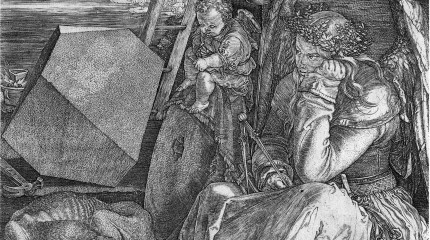Almost at the finishing line and things on this Law and Humanities module are finally beginning to make sense! After studying the history of the relationship between law and humanities vis-à-vis the interpretation of law through literary texts and traditions, examining the critical possibilities of contemporary scholars in certain projects, especially through the mechanism of rhetoric, we are now looking at the responsibility and ethos of scholarship of scholars, lawyers and critics.
In ‘Educating the Total Jurist?’ W. Wesley Pue examines the role of legal education and how they shape future aspiring lawyers, or in his words, ‘citizen formation’. He describes the image of lawyers as one of ‘gentlemanliness’ as befitting the ‘well-rounded barrister’. By using the thoughts of eminent lawyers and scholars across the globe, he provides evidence of what he describes as the notion of the total jurist. One such eminent lawyer includes our UK’s infamous Lord Denning; he talked about the ‘spirit of the profession’ which embraces values as ‘frankness, fairness, honesty, courage and the recognition of one’s duty to the Court and client.’
However, the values of ethics, morality and ‘gentlemanliness, I believe, have diminished over time and empathise with Pue’s view. In today’s climate of globalisation, it appears that the legal profession is ‘all about the money’ (taken from Jerry Maguire), ‘success’ and what Margaret Thornton suggests as ‘the real danger of returning legal education to the ‘trade school’ mentality of the past’. It is an uneasy thought to think that law schools are churning out ‘mere half-lawyer’ as Pue advocates. If this is true, then legal education and the educating of a ‘total jurist’ is doomed.
However, later in his article, Pue suggests that not is all lost. Even if legal education is being promoted in universities as value-free, there is the hope that law schools will return ‘to a more self-aware legal education’. Furthermore, he hopes that we, as humans, will take on the responsibility, or ‘ethos’, to instil our own values, not just education and profession, but in everything we do in life!
Pue’s article resonates what I have been thinking about legal professionals and its values since embarking on a career in law, but am I wrong? Are we, as students of law and humanities, not taught how ‘to rise above self-interest and the narrow view’ thus becoming ‘mere half-lawyers’ or are we resistant and/or responsible enough to return to becoming the total jurist of the past?
